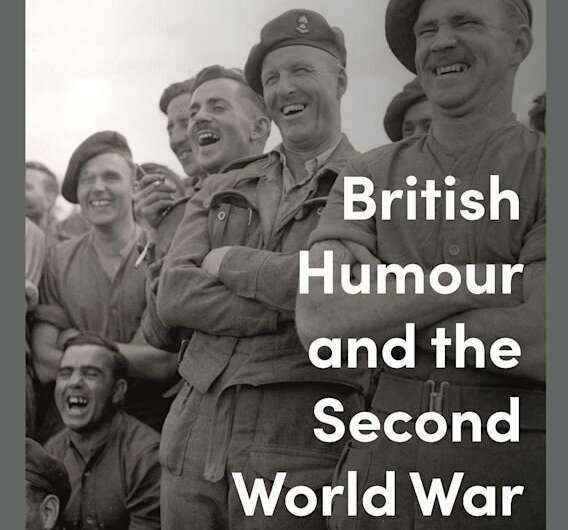Listen very carefully: TV sitcoms give clues to why Brits voted for Brexit

Classic British TV comedies such as 'Allo 'Allo, Dad's Army and Fawlty Towers offer a way to understand the political cultures that led to Brexit, a new book reveals.
The British public's ambivalence towards Europe and their desire to stand apart from "the Continent" is reflected in such shows—as sitcoms' lack of seriousness frees both creators and audiences to engage with things that would otherwise not be permissible for discussion.
Contributing a chapter to the Bloomsbury book "British Humour and the Second World War: 'Keep Smiling Through," University of Birmingham historian Professor Gavin Schaffer argues that the TV shows—particularly 'Allo 'Allo—amplify some of the thinking that underpinned the decision of the British electorate to walk away from the European Union.
Professor Schaffer commented, "Many Britons took 'Allo 'Allo to their hearts as it presented a light-hearted reflection of European differences, that ultimately spoke to the core differences between Britain and her European neighbors."
"The show also tells us something about how British attitudes to Europe were changing and not changing in the late 80 and early 90s, as Britain edged closer to her European neighbors. Despite closer bonds, British voices of Euroscepticism never strayed too far from suspicions rooted in the Second World War."
Professor Schaffer argues that 'Allo 'Allo can be read both as a deliberate attempt to put to bed the Germanophobia of the War and work through European war trauma, while illustrating how different the British felt that Europeans were from themselves.
He further analyzes other sitcoms of the 60s and 70s, such as, Dad's Army, Fawlty Towers, and It Ain't Half Hot, Mum, noting among other things that:
- Fawlty Towers' most famous scene employs Britain's relationship with Europe as the 'elephant in the room.' Broadcast months after a 'yes' vote in Britain's first European referendum in 1975, Basil Fawlty tells his German guests "I didn't vote for it myself quite honestly but now that we're in I'm determined to make it work."
- Dad's Army portrayed the War as a period of national cooperation when Britain truly was "Great Britain'—the aged and incompetent characters portrayed in the show became an exemplar of British character triumphing over European foes.
- Just as Dad's Army drew its laughs from a set of character stereotypes which created a vision of Britishness across nations and classes, It Ain't Half Hot, Mum used British stereotypes to crystallize an approach to jokes about ethnicity and race which would go on to be important in the later 'Allo 'Allo.
"The argument that there was something specifically British about being able to laugh at yourself was key to much of the public affection for 'Allo 'Allo," said Professor Schaffer. "This helps to explain British-European relations in this period—illustrating the extent to which British people considered their outlook, and principles, different and exceptional.
"Continuing affection for this kind of humor points to something of a British blind spot about the legacy of the War and the barriers between Britain and the rest of Europe. What lurks in the shadows is a nation deeply ill at ease with its European neighbors and itself. Listening very carefully to 'Allo 'Allo reveals a story of a nation that remains unready for further European integration."
Provided by University of Birmingham
No comments:
Post a Comment